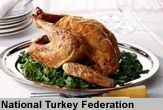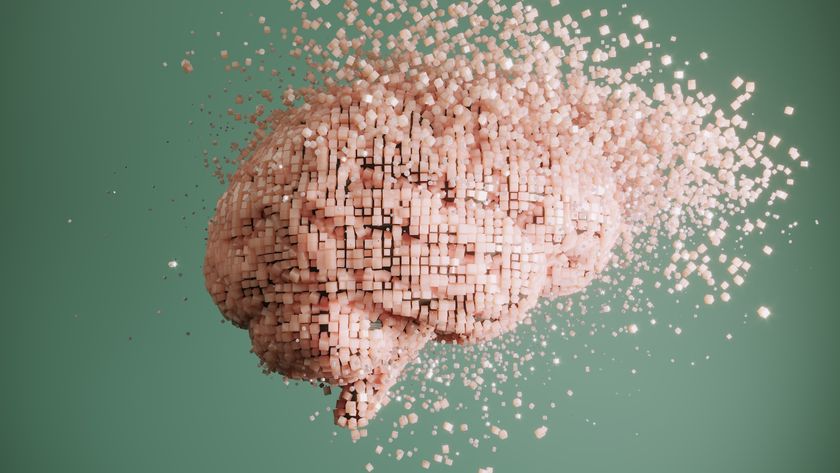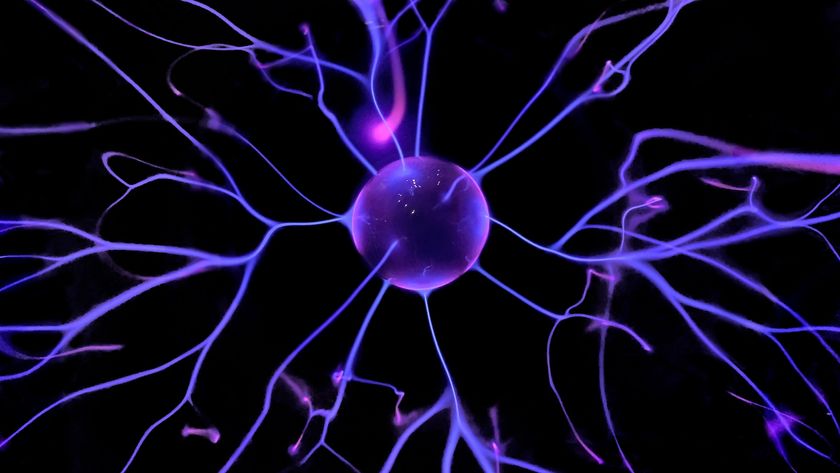Why Old Habits Die Hard

Despite your best intentions, you may find it hard to avoid the eating and drinking habits of the holidays. The problem, new research shows, is your brain's tendency to revert to deep-rooted memories.
"It may not be only the deliciousness of traditional holiday treats that makes them so hard to resist, but their familiarity," Cindy Lustig, a psychologist at the University of Michigan said. "The urge to engage in those old, familiar behaviors seems to be especially strong in our unconscious memory."
That unconscious memory is known as automatic memory, Lustig said, and it is the reason we tend to revert to older and more established reactions when multitasking or harried.
"Those stressed out from holiday shopping or tired from that journey over the river and through the woods may have an especially difficult time resisting their traditional slice of pumpkin pie . . . stress and fatigue impair our ability to keep those unconscious influences under control," Lustig said.
Learning new behaviors and information may sometimes seem to push old thoughts out of the brain, but it is the early memories and behaviors that stick, the research shows.
In the study, detailed in the November issue of Psychological Science, Lustig taught subjects to call a coffee cup a "cup" first, and later to call it a "mug." When asked what they named the object, initially the responses were split, but by the second day the individuals referred to the objects more often as a "cup", as they had initially learned.
"This procedure let us separate controlled vs. automatic processes, and we saw the return of the old memories," Lustig said.
Sign up for the Live Science daily newsletter now
Get the world’s most fascinating discoveries delivered straight to your inbox.
Lustig and others are proposing a host of additional experiments. They hope to determine if certain types of initial knowledge are held more tightly in the memory, making them more difficult to overcome, as well as how long it takes new information to become automatic.
"In the future we want to figure out what is so special about the first response," Lustig said. "Then maybe we can use that to boost people's ability to stick with a future response."
And maybe, with a little training, you'll be able to lay off that second helping of holiday pie.












